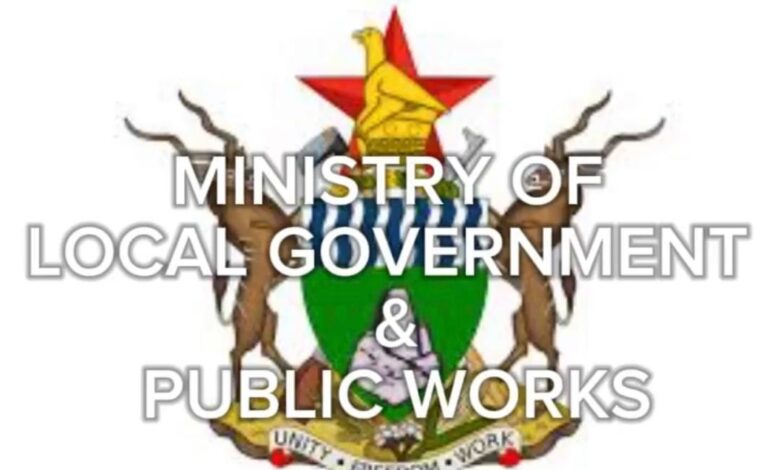Empowering Communities Through Democratic Decision-Making

Involving citizens in local governance is crucial for building a more equitable and responsive society. One powerful tool for achieving this goal is Participatory Budgeting (PB). This is a democratic process that gives community members a direct say in how public funds are allocated. This approach has gained significant traction globally, including in Zimbabwe. Also, it offers a unique opportunity to address long-standing governance challenges.
Participatory Budgeting in Zimbabwe: A Beacon of Hope
Furthermore, in recent years, Zimbabwe has witnessed a growing interest in Participatory Budgeting as a means of enhancing citizen engagement in local governance. This trend reflects a broader shift towards more inclusive and accountable forms of government. Additionally, this is driven by citizens’ desire for greater control over their communities’ development.
Also, the relevance of PB in Zimbabwe is important. The country faces numerous development challenges, including economic stagnation, infrastructure decay and social inequality. By involving citizens directly in budget decisions, PB offers a potential solution to these issues, allowing communities to prioritise projects that address their most pressing needs.
Key Benefits of Participatory Budgeting
There are a number of benefits of PB in local governance. Firstly, increased transparency and accountability ensures that local councils and communities are always on the same page. This helps in reducing disputes regarding operations and financing between the local council authorities and residents.
Secondly, there is an increase in community trust in local government. This trust will enable ease of doing business by the local government. Communities will also participate in various local council initiatives and perform their obligations set by local governments. These include bill payment, being active members at meetings and contributing where there is a need. Also, PB ensures more effective allocation of public resources.
Additionally, there is enhanced civic education and participation. According to civics for life, civic education equips communities with the knowledge, skills and values necessary to become informed citizens. Citizens who are actively participating in the democratic process. It also helps them understand their rights and responsibilities as citizens. Finally, it promotes critical thinking, problem-solving and responsible action.
Lastly, Participatory Budgeting allows for better representation of marginalised groups in the community. As these groups are often overlooked, this will allow for more representation of their needs within the community.
Implementing Participatory Budgeting in Zimbabwe
While PB has shown promising results in various contexts, its implementation in Zimbabwe presents several challenges. Rural areas for examples, often face limited access to information technology and transportation. This therefore makes it difficult to organise large-scale participatory processes. Additionally, there may be concerns about the capacity of local institutions to manage such initiatives effectively. Also, urban areas have their own challenges and these include will power and motivation to initiate and uphold meaningful involvement.
However, despite these obstacles, efforts are underway to adapt PB to Zimbabwe’s specific context. For instance, the use of Social Media platforms like Facebook and X are at play. These platforms have exposed a number of discrepancies when it comes to the use of public funds in Zimbabwe. They have also led to investigations of said perpetrators and enforcement of legal action against them. These platforms are also used by councillors of different wards to gather information and disseminate information relating to PB.
Potential Future Prospects
If Zimbabwe is to explore the benefits of PB, it would be wise to learn from international experiences while adapting the approach to local circumstances. This might involve starting small, perhaps with pilot projects in select municipalities. This can be a pilot to assess how this can be a success in the Zimbabwean context.
Also, building partnerships between government, civil society and private sector entities. This three-pronged approach is more likely to bring about significant change and development. Furthermore, ensuring robust monitoring and evaluation systems to assess the impact of PB will ensure transparency, free flow of information and ultimately longevity of the PB. Finally, addressing potential conflicts between PB outcomes and existing government priorities will bring about effective change.
Conclusion: Empowering Citizens Through Participatory Governance
Involving citizens in local governance through Participatory Budgeting represents a powerful tool for addressing Zimbabwe’s development challenges. By giving communities a direct say in how public funds are allocated PB has the potential to increase transparency. It will also improve service delivery and foster greater trust between citizens and their government.
As Zimbabwe continues to navigate its political and economic landscape, embracing innovative approaches like PB could be crucial for unlocking sustainable development. Additionally, it will ensure that all citizens benefit from the country’s resources. The journey ahead will undoubtedly present challenges. However, the promise of Participatory Budgeting lies in its ability to empower ordinary Zimbabweans to shape their own destiny and create a brighter future for themselves and their communities.





